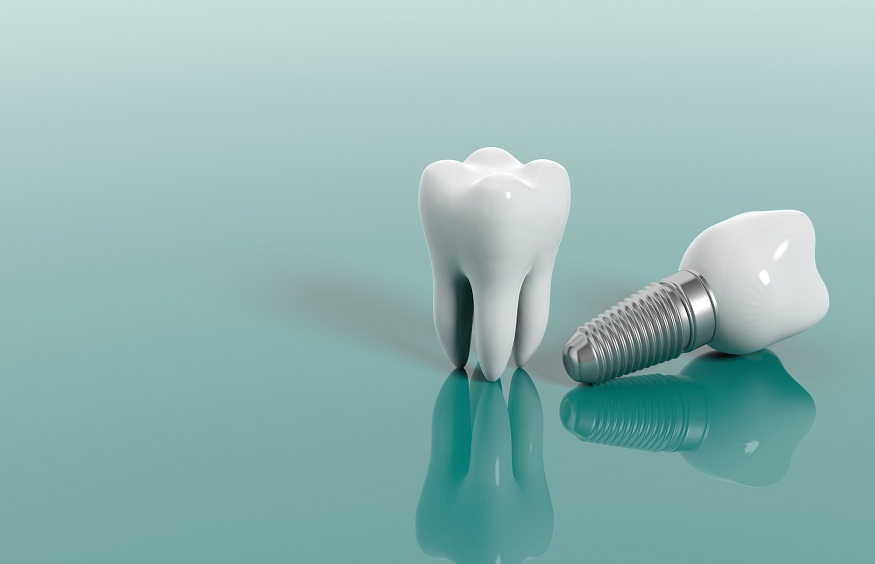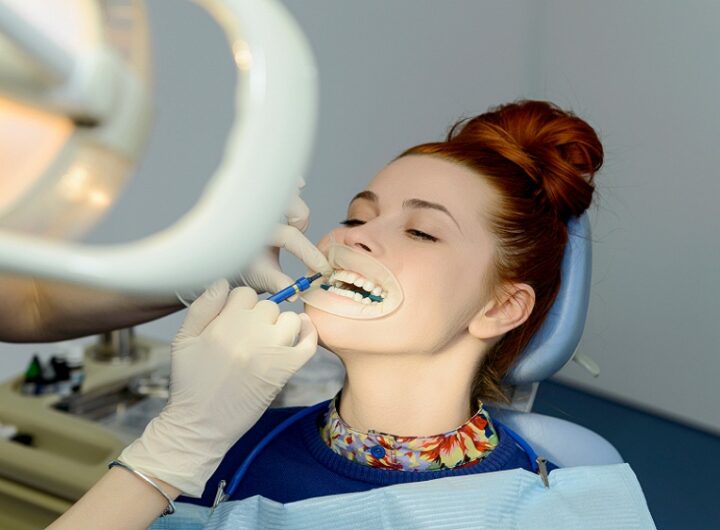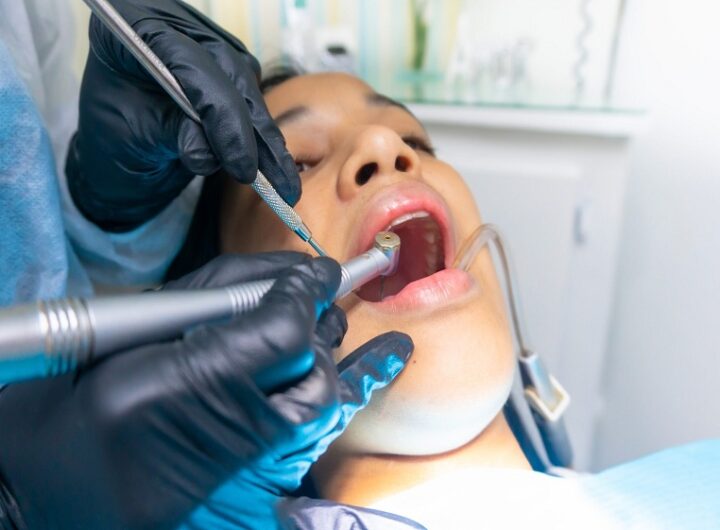
You have lost one or more of your natural teeth because of decay or injury and are now evaluating options for replacing the missing teeth. Thanks to advancements in dental care, patients have more choices than ever before. If your dentist in Pekin, IL, has recommended dental implants, you may have a few questions on your mind. In this simplified 101 guide, we discuss the treatment in detail.
Overview of dental implants
A dental implant is usually made of titanium and is inserted in the jawbone to serve as the foundation for replacement teeth. In simpler words, dental implants mimic natural tooth roots. The artificial tooth is fixed on the implant using a connector, also called an abutment. Today, dental implants are considered a stark better alternative to traditional dentures that have been in use for decades. Dentures sit on top of the gums, but implant-supported dentures are fixed to the implants, and it is possible to replace an entire arch of missing teeth on just two dental implants.
Types of dental implants
In general, dental implants are classified into two categories. The first one is an endosteal implant, which is more common. It is implanted inside the jawbone. The second one is called a subperiosteal implant, which is placed on the top of the jaw and works as an option for those who don’t have enough bone to hold an implant inside.
Advantages at a glance
- The first benefit of dental implants is the ability to enjoy your food. Dentures can move around in the mouth and often slip out of place, but artificial teeth placed on dental implants remain in place. Patients usually have no diet restrictions.
- With dental implants, you can talk more comfortably, which can improve your confidence. Many patients don’t like dentures because of the effects they have on speech. Your artificial teeth won’t slip again.
- Dental implants are more of a permanent solution for replacing missing teeth. Dentures, for instance, have to be replaced and adjusted after a few years, as your gums. That’s not the case with dental implants, which become a part of your mouth.
- With dental implants, you can also expect improved oral health. You don’t need extensive care or precaution, and as long as you keep up with your regular checkups and see your dentist, there is little to worry about.
- Compared to dental bridges, dental implants are a better choice, as there is no need to trim or reshape the adjacent teeth. You can get a fixed or removable tooth placed directly on the implant.
- Probably the biggest advantage of dental implants is protection against bone loss. Because the implants are in place, there won’t be a further decline in bone mass. For patients who miss many teeth, dentures and other options are often not viable, and eventually, there could be consequences like a sagging face.
Who is an ideal candidate for dental implants?
Your dentist will check your medical history and decide whether you can go for dental implants. In general, patients who have good oral health, healthy jawbone, and healthy gum tissues are good candidates. Smokers and those with certain conditions that impact healing may not qualify for the treatment. Getting replacement teeth with dental implants can take significant time, which is something to consider. The jawbone may take months to heal and secure the implant.
If you have questions about dental implants or want to understand the risks and concerns, go with a questionnaire. A qualified and experienced dentist in Pekin will take time to educate you and explain all aspects, including the procedure.

 The Best Practices For Maintaining Healthy Gums In Willow brook
The Best Practices For Maintaining Healthy Gums In Willow brook  Transform Your Smile: Top Cosmetic Dentistry Treatments for Every Age
Transform Your Smile: Top Cosmetic Dentistry Treatments for Every Age  Choosing the Right Family Dentist: What to Look For
Choosing the Right Family Dentist: What to Look For  Choosing the Right Family Dentist: What to Look For
Choosing the Right Family Dentist: What to Look For  Understanding The Difference: When To See A Cosmetic Dentist Vs. An Orthodontist
Understanding The Difference: When To See A Cosmetic Dentist Vs. An Orthodontist  Transform Your Smile: The Importance Of Cosmetic Dentistry
Transform Your Smile: The Importance Of Cosmetic Dentistry  From Lab to Lifestyle: How the Science of Quality Assurance in Manufacturing Reliable Supplements Protects Consumers and Businesses
From Lab to Lifestyle: How the Science of Quality Assurance in Manufacturing Reliable Supplements Protects Consumers and Businesses  Top Myths About Pediatric Home Health Care Debunked
Top Myths About Pediatric Home Health Care Debunked  Immunity IV Drips – Your Frontline Defense Against Modern-Day Fatigue, Illness, and Burnout
Immunity IV Drips – Your Frontline Defense Against Modern-Day Fatigue, Illness, and Burnout